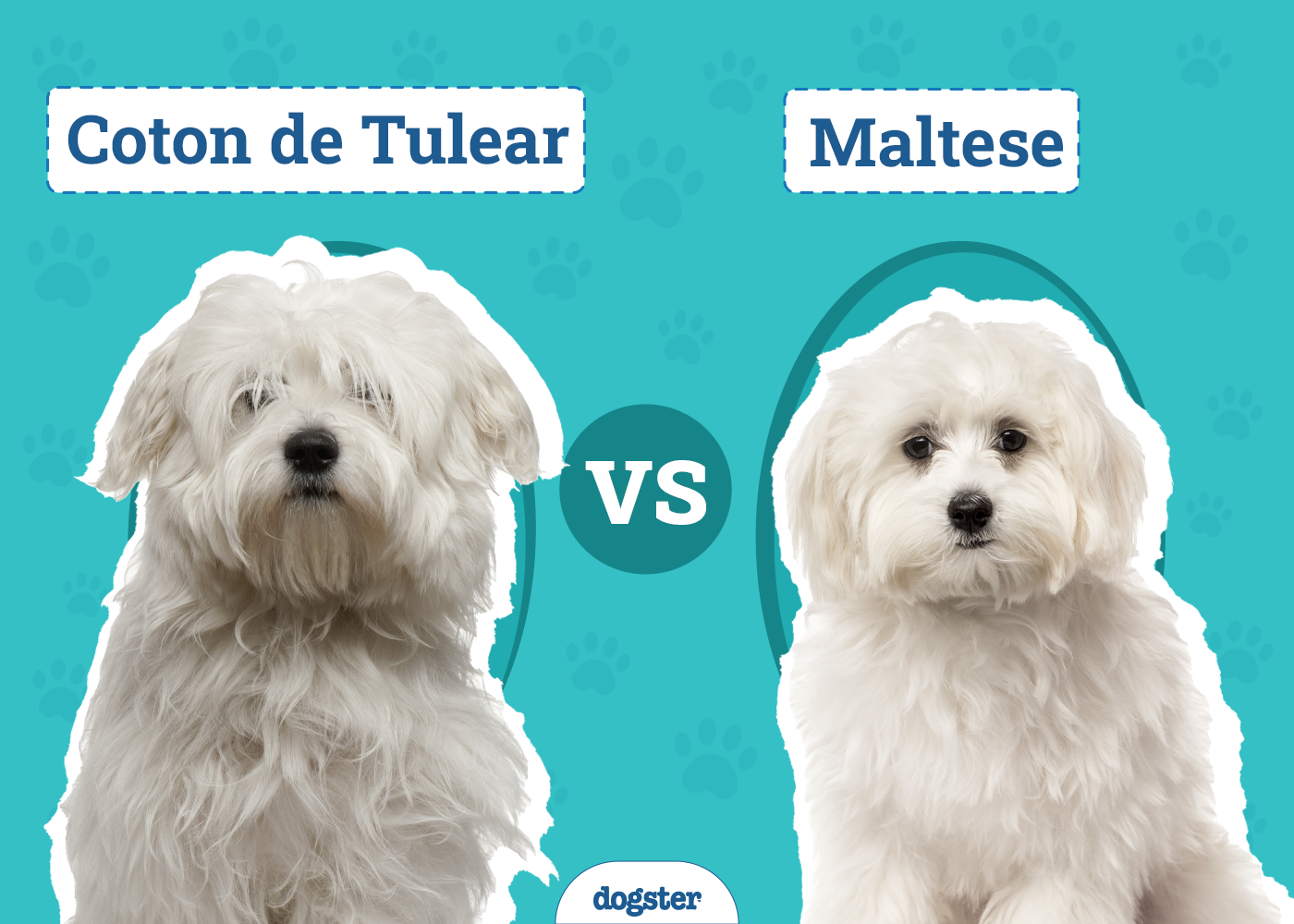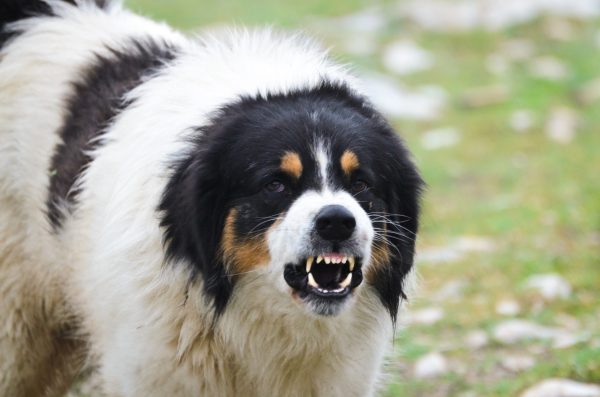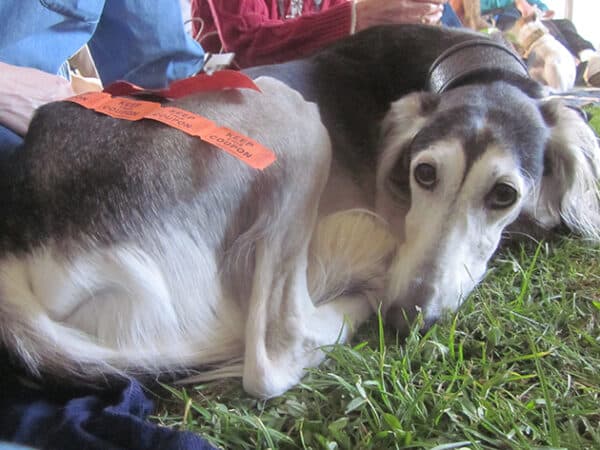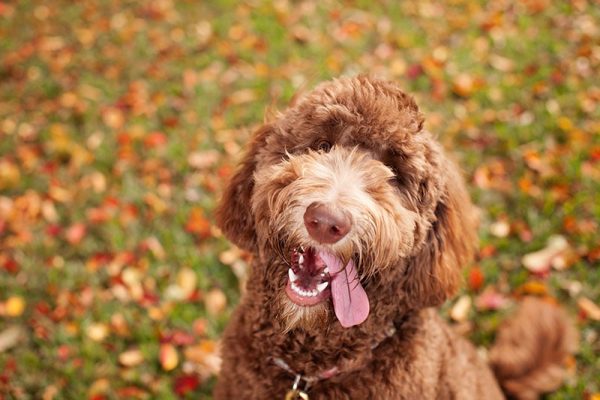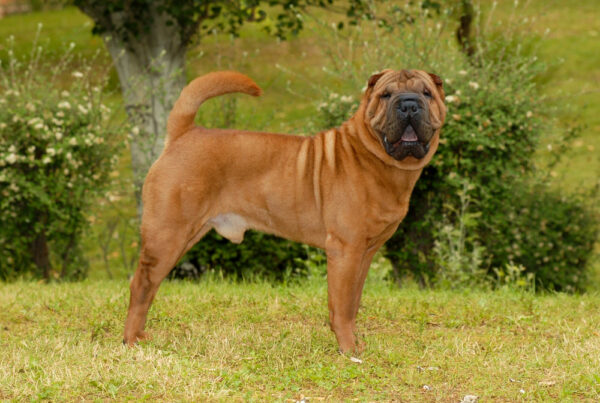In this article
View 3 More +So, you’re in the market for a toy dog with a long white coat that sweeps the ground it walks on. If so, then your options boil down to two adorable pups, the Coton de Tulear and the Maltese. Both are downright adorable and friendly and make excellent household pets.
Not much separates the Coton de Tulear from the Maltese; from a visual standpoint, they almost look the same. This similarity can make it hard for the average person to distinguish between the two breeds.
However, they have their differences.
Today, we’ll highlight the major differences between Coton de Tulear and Maltese dogs. That way, you can make a more informed decision on which pup you’ll welcome to your home.

Visual Differences
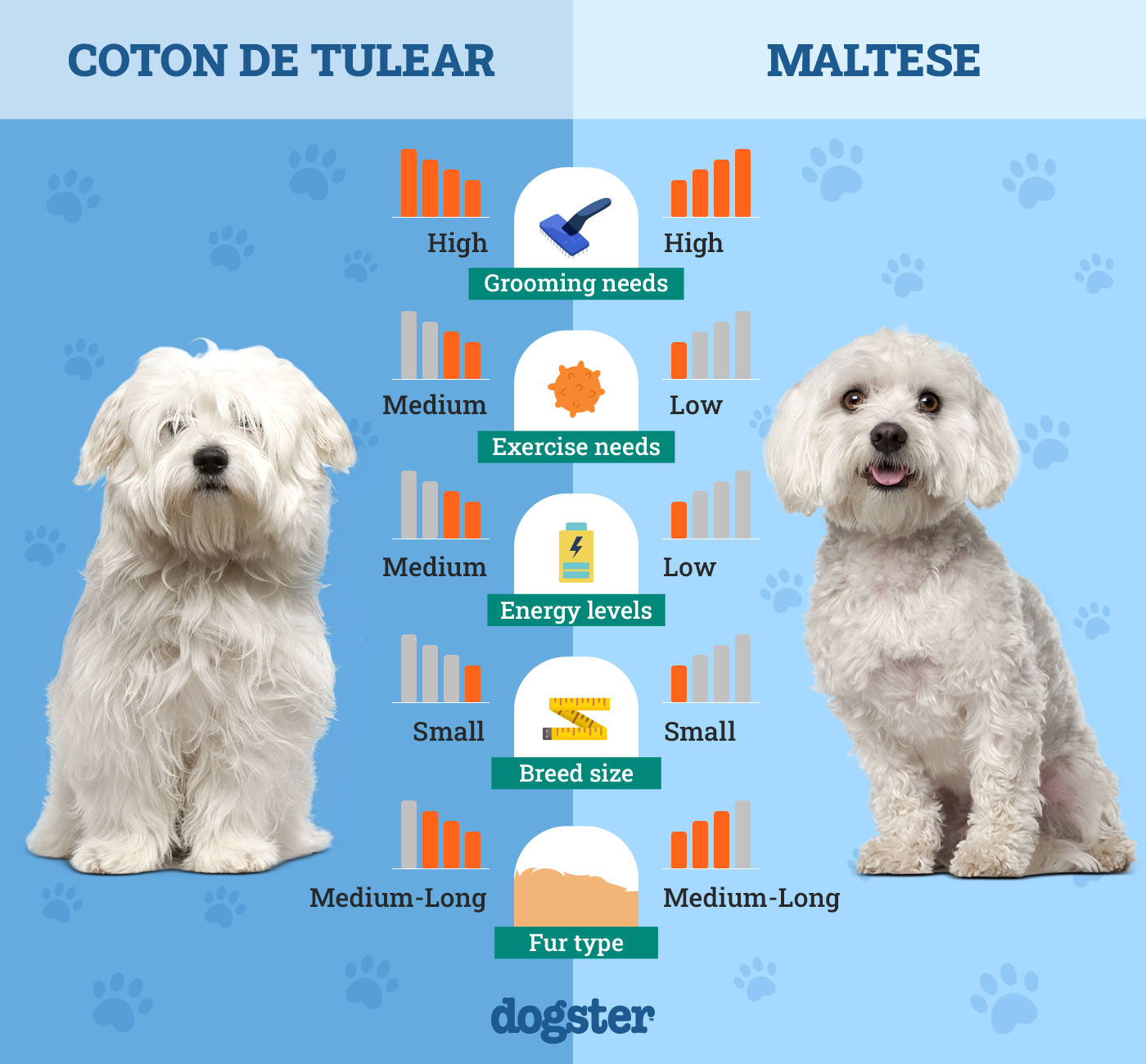
At a Glance
- Average height (adult): 9-11 inches
- Average weight (adult): 8–13 pounds
- Lifespan: 14–17 years
- Exercise: 30–60 minutes a day
- Grooming needs: High
- Family-friendly: Yes
- Other pet-friendly: Yes
- Trainability: Highly trainable, intelligent, remarkably agile, and eager to please
- Average height (adult): 7–12 inches
- Average weight (adult): 4–8 pounds
- Lifespan: 12–15 years
- Exercise: 30 minutes a day
- Grooming needs: High
- Family-friendly: Yes
- Other pet-friendly: Often
- Trainability: Mostly easy-to-train, below-average intelligence, and eager to please

Coton De Tulear Overview

The Coton de Tulear is a popular dog breed, ranking 90th on AKC’s 2023 list of most popular dogs in the country.
This happy-go-lucky companion dog enjoys cavorting and playing with family members. It’s incredibly loyal, affectionate, and absolutely lovely to look at.
Personality/Character
As mentioned, Coton de Tulears are generally friendly, happy, and highly affectionate pups. They’re excellent with kids and other pets like cats, dogs, and even birds.
They are especially affectionate with children and have a knack for understanding human emotions. This helps them distinguish between rough play and actual aggression when playing with children.
Also, they form strong bonds with their families and can be very protective of them. They’re known to snarl and bark fiercely at anyone or anything they perceive as a threat to their family’s safety. But don’t forget, they’re very social and get bored, gloomy, or restless when they stay for long periods without their owners.
Build and Physical Traits
The Coton de Tulear is a small dog with a tiny but sturdy build, standing between 9 to 11 inches. It has a well-developed chest and a level top line.
Despite their long coats, these tiny pups are hypoallergenic and rarely shed fur and pet dander. This makes them an excellent choice for pet owners with allergies.
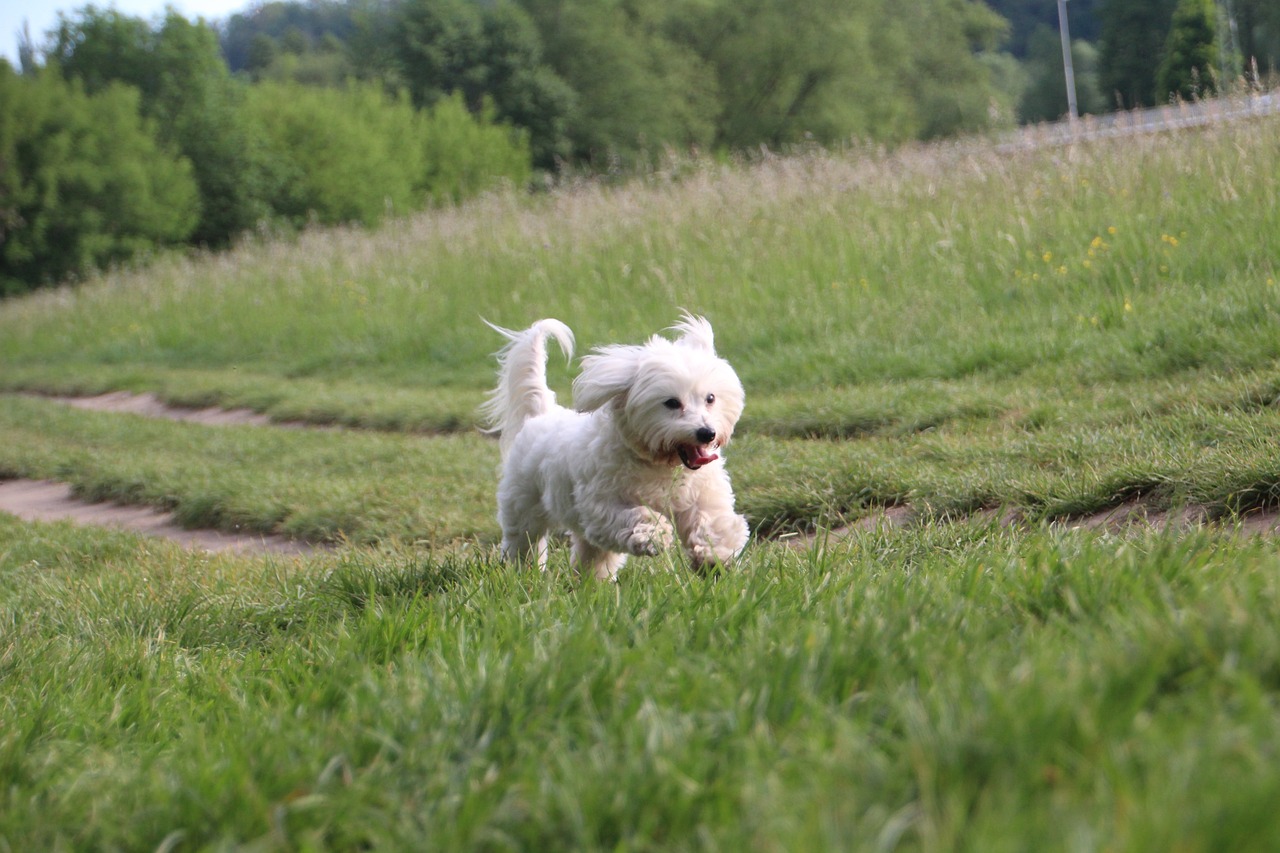
Exercise
Coton de Tulears need plenty of exercises to keep them fit, healthy, and mentally stimulated. Owners must ensure their pets get 30 to 60 minutes of exercise to keep them healthy.
Fortunately, these pups are very energetic and will enjoy every minute of exercising. You can always split their exercises into shorter sessions of around 10 minutes scattered throughout the day.
You might want to consider walks for at least 15 to 30 minutes a day, preferably in the nature-filled outdoors. That way, they can explore and experience different sights and smells to stimulate mental activity.
Games like fetch, tug-of-war, and hide and seek are also great for exercise and their overall well-being.
Health and Care
Coto de Tulears can live for 17 years or more with proper health care and a balanced and nutritious diet. These dogs are generally healthy and mostly suffer non-fatal skin issues that are easy to treat. For example, they are prone to bacterial infections and ear complications if you don’t clean them properly.
But you must watch out for certain medical conditions that could impact your pet’s quality of life. These include hip dysplasia, luxating patellas, Bandera’s syndrome, and progressive retinal atrophy.
To keep your animal healthy, it is essential to schedule regular visits to the vet. You should also provide a balanced diet consisting of wholesome foods (fruits and vegetables included) and plenty of water. Regular exercise is also important.
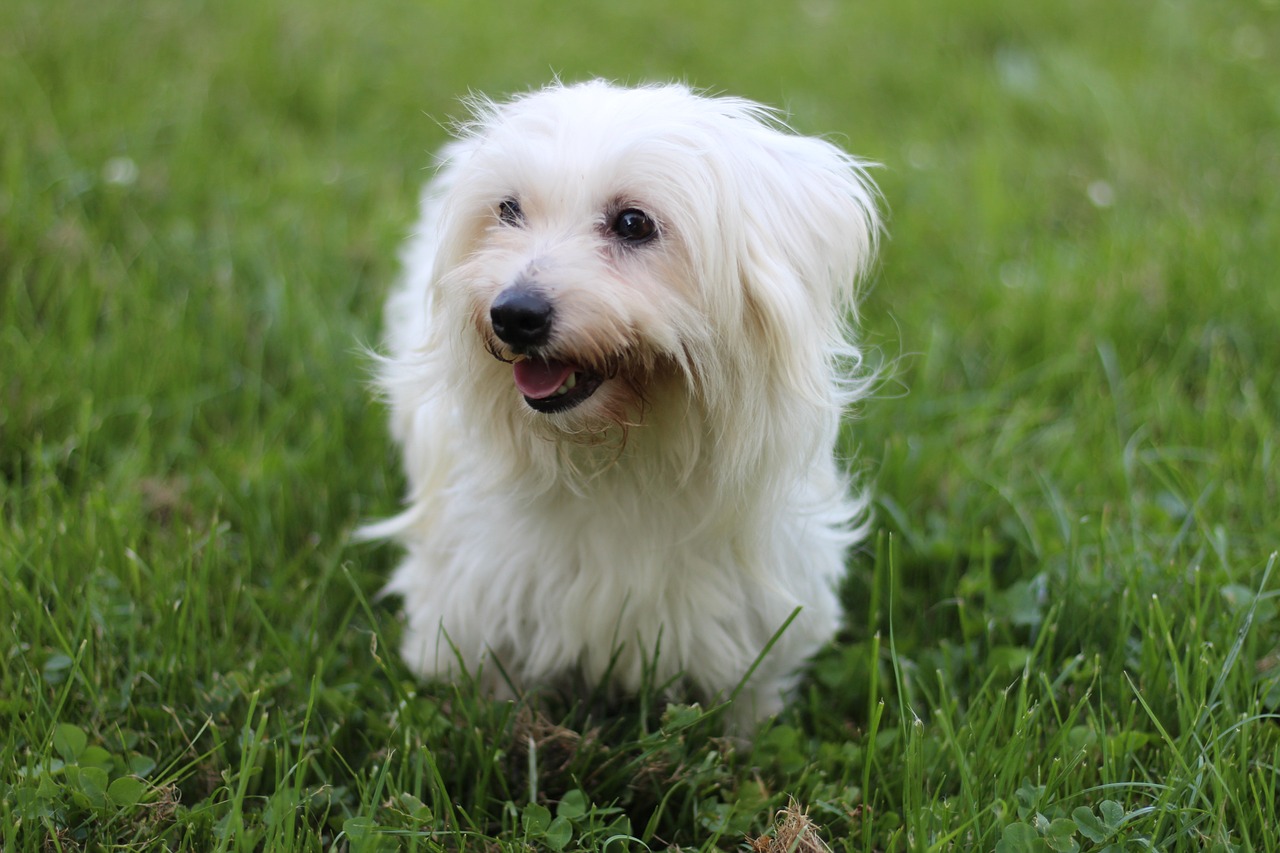
Training
Coton de Tulears are easy-to-train because of their intelligence and willingness to please their owners. These pups can easily pick up training cues and respond to both verbal and non-verbal commands. They respond exceptionally well to positive-reinforcement cues, especially if they involve treats.
Like most dogs, they don’t respond well to negative reinforcements like shouting or physical abuse. This actually leads to fear and anxiety.
Breeding
Breeders must adhere to stringent breeding standards. The variations in coat markings don’t translate to other sub-breeds but are instead variations of the breed. Mixed breeds of the Coton de Tulear are known as Coton-like dogs or Coton de Tulear mixes.
Suitable For:
The Coton de Tulear makes an excellent family pet because it’s great with kids, and owners can easily train it to observe proper house etiquette.
This tiny pup is also suitable for individuals who need a companion to play with and keep boredom at bay. If you enjoy the great outdoors, you could take the Coton de Tulear with you on hikes and even camping trips.

Maltese Dog Overview
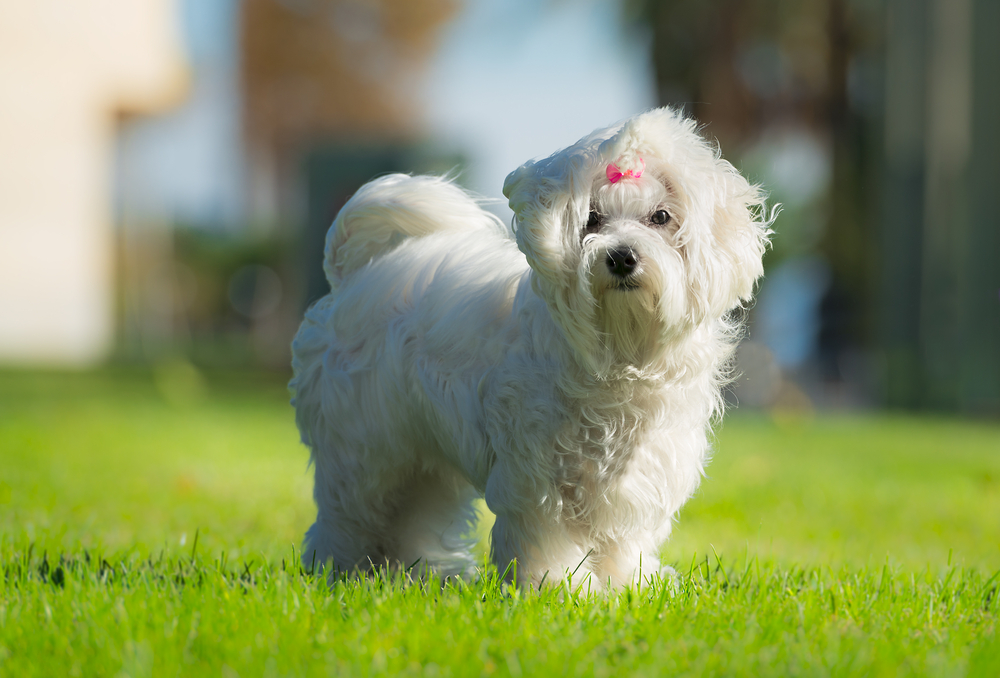
The Maltese Dog is a centuries-old dwarf dog mostly associated with the island country of Malta in the Mediterranean Sea. This toy dog is mostly associated with luxury and affluence and was a staple for royalty, including Queen Elizabeth the First and Mary Queen of Scots.
The Maltese is the 38th most popular dog in the US, according to the AKC’s 2022 list of most popular dogs. This puts it 46 places above its counterpart, the Coton de Tulear.
Personality/Character
Maltese dogs are typically affectionate, forming strong bonds with their owners and sometimes becoming overprotective of them. They’re mostly alert dogs that are constantly on the lookout for threats.
Still, they’re pretty gentle and charming with kids and enjoy playing even with toddlers.
Build and Physical Traits
Like Coton de Tulears, Maltese dogs are small and elegant, with tiny frames and thick white coats. They have a small head that’s proportionate with the rest of the body and a clearly defined stop between the head and the muzzle.
They have dark, large, rounded features that are well set apart and give them a sweet and gentle expression. Their long ears hang close to their cheeks and are completely covered in hair.
Overall, these dogs are absolutely adorable and regal from head to toe.
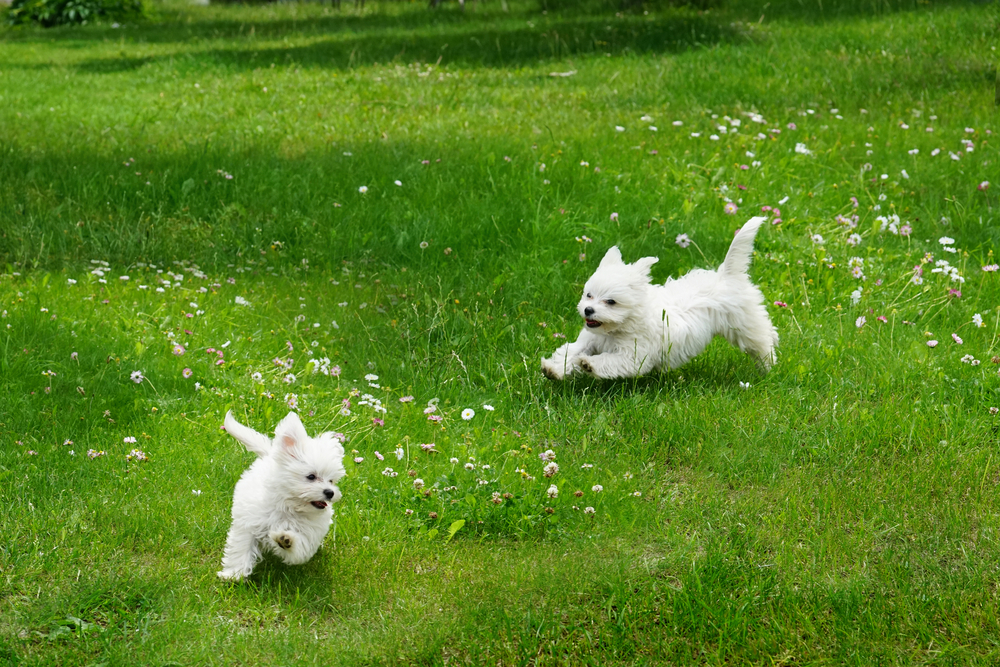
Exercise
Maltese dogs also need regular exercise to thrive. Owners should arrange about 30 minutes of exercise every day to physically and mentally stimulate their pet. Here, you might want to consider walks, agility courses, and even swimming. It is also important to invest in puzzles and toys and socialize your Maltese with other dogs.
Training
Maltese dogs are generally easy to train, but a few bad apples aren’t uncommon. They’re not the most intelligent pups, but they enjoy learning new tricks and commands.
These pooches are also always eager to please their owners, which motivates them to learn more and obey their trainers. Like with Coton de Tulear, consistency and patience are vital to proper training. Negative reinforcement is mostly counterproductive.
Consider hiring a professional dog trainer for abnormally stubborn pups.
Health and care
Like their furry counterparts, the Coton de Tulear, Maltese dogs generally enjoy good health and aren’t predisposed to life-threatening conditions like other dog breeds. However, they are prone to bacterial and viral infections that threaten their health. Some of the issues here include rabies, distemper, and parvovirus.
You can keep your Maltese dog healthy by scheduling regular vet visits and feeding it a healthy and nutritious diet. Don’t forget to brush the dog’s teeth and clean its ears monthly. Also, be on the lookout for symptoms of genetic diseases like heart, liver, and eye complications.
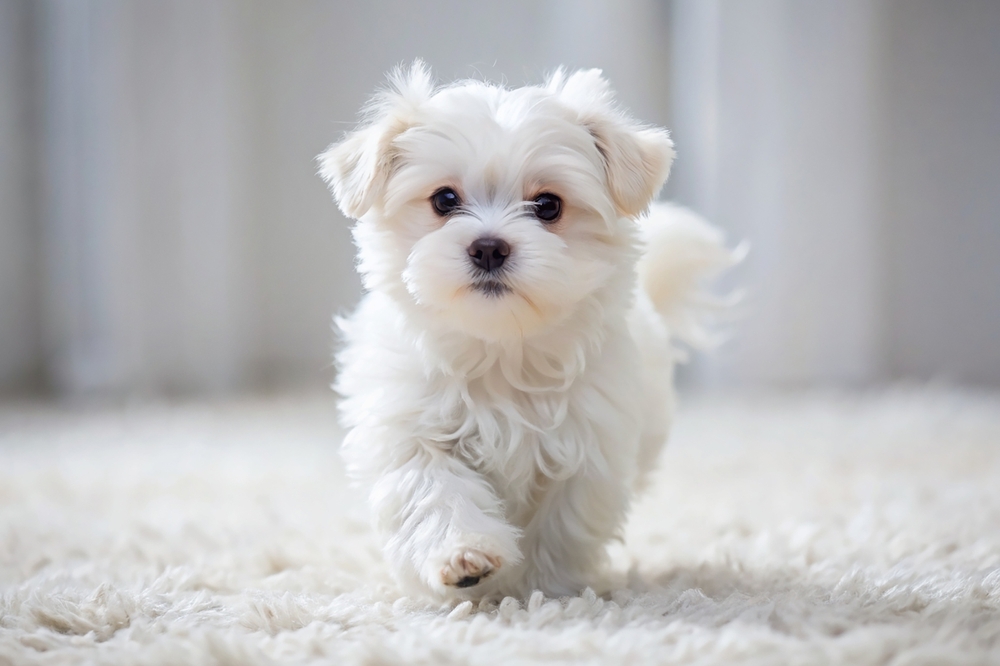
Breeding
Only one known breed of the Maltese dog is recognized by the AKC and other kennel clubs worldwide. However, some people mistake a few variations within the breed and crossbreeds with other breeds as sub-breeds of the Maltese dog.
Breeding is usually carried out under strict regulations, and only dogs meeting the stipulated standards count as Maltese dogs.
Suitable For:
Maltese dogs are great for people who like staying indoors and need a little company to stave off loneliness and boredom. Their exercise needs are moderate and may not be suitable for active people who love traversing the outdoors.
These pups are, however, great for seniors and older adults who need a pet to bring some cheer into their lives.

Which Breed Is Right for You?
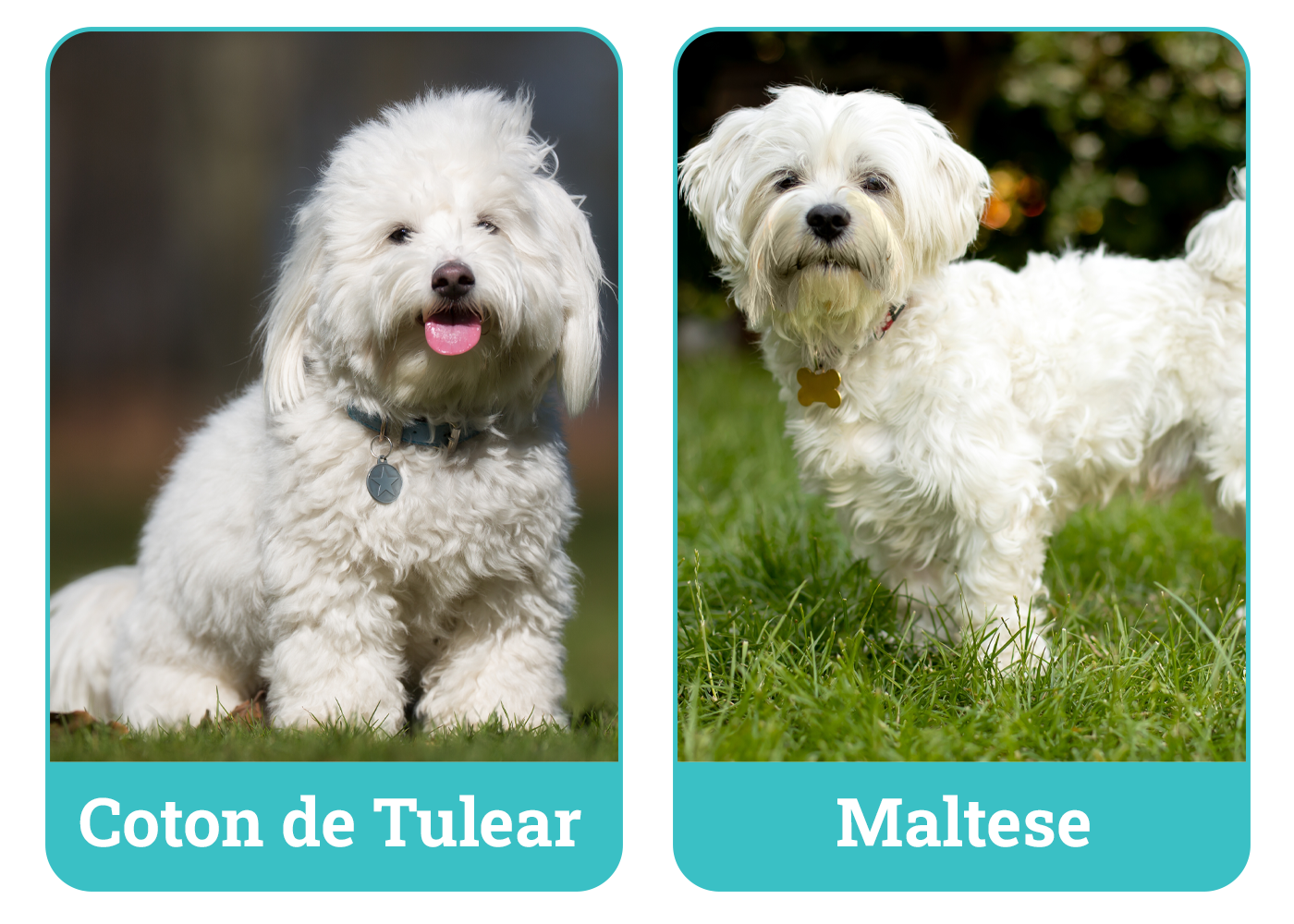
Both the Coton de Tulear and Maltese are excellent house pets and incredibly charming pups. Choosing between the two is tough, but your decision ultimately depends on your particular needs.
If you’re an active and physical exercise enthusiast, then you’ll do better with a Coton de Tulear. However, if you like staying indoors, cuddling up with your pet while watching a movie, then the Maltese dog is just what the doctor ordered.
It’s also worth noting that Maltese dogs may need more frequent vet visits, given their predisposition to genetic diseases. Both dogs generally enjoy good health, but their health primarily depends on what you feed them and how well you take care of them.
Overall, both pups are incredible pets and will make an excellent addition to any home they’re welcomed into.
See Also:
- Pomeranian vs Maltese: Key Differences Explained (With Pictures)
- Maltese vs. Lhasa Apso: The Differences (with Pictures)
